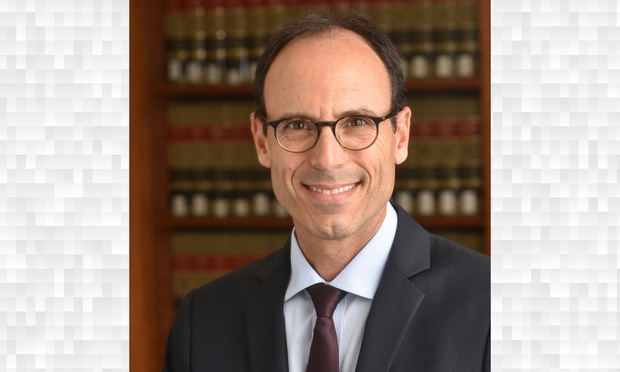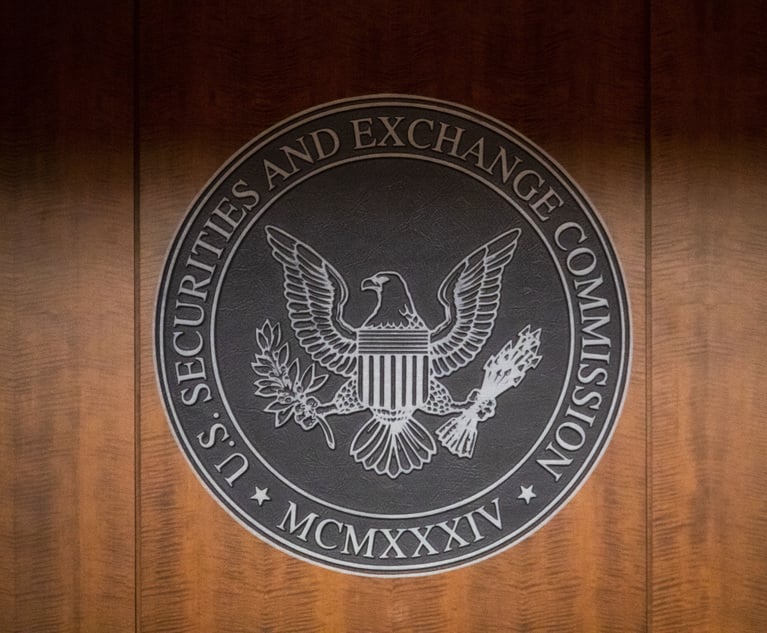Corporate personhood, the idea that corporations enjoy the same constitutional rights as people, is experiencing a heyday. The topic has been thrust into public dialogue following the U.S. Supreme Court’s 2010 and 2014 rulings in Citizens United and Hobby Lobby, respectively, which hinged quite a bit on the idea of extending individual rights guaranteed in the Constitution to corporations. In its wake, protests like Occupy Wall Street that erupted spurred demands for an amendment that would abolish corporate personhood.
While the idea of corporate personhood is enjoying its time in the spotlight, it’s actually an idea rooted in America’s founding, aided by more than 200 years of Supreme Court judicial review.
This content has been archived. It is available through our partners, LexisNexis® and Bloomberg Law.
To view this content, please continue to their sites.
Not a Lexis Subscriber?
Subscribe Now
Not a Bloomberg Law Subscriber?
Subscribe Now
LexisNexis® and Bloomberg Law are third party online distributors of the broad collection of current and archived versions of ALM's legal news publications. LexisNexis® and Bloomberg Law customers are able to access and use ALM's content, including content from the National Law Journal, The American Lawyer, Legaltech News, The New York Law Journal, and Corporate Counsel, as well as other sources of legal information.
For questions call 1-877-256-2472 or contact us at [email protected]


 Adam Winkler, UCLA law professor and author of “We the Corporations.”
Adam Winkler, UCLA law professor and author of “We the Corporations.”







